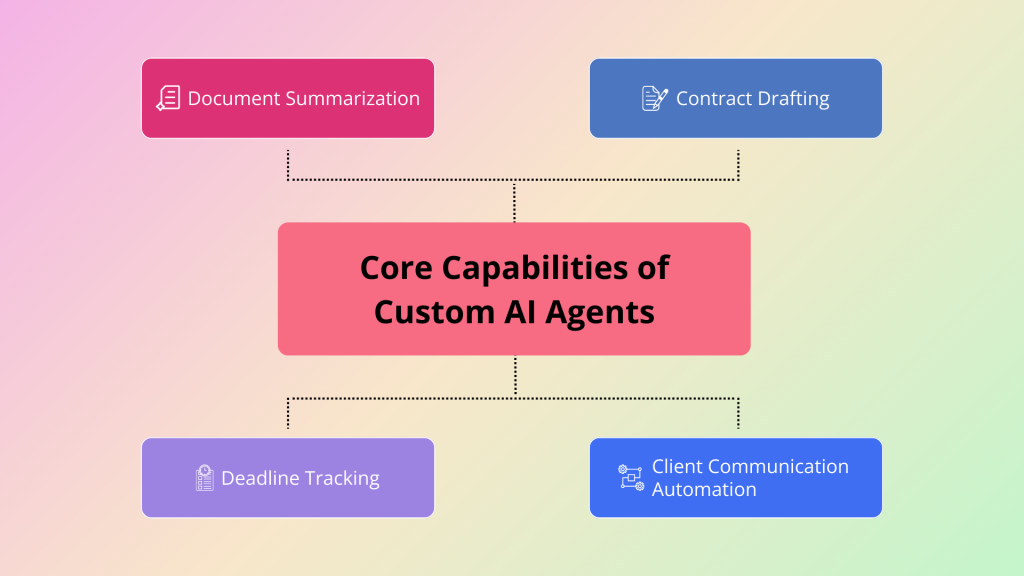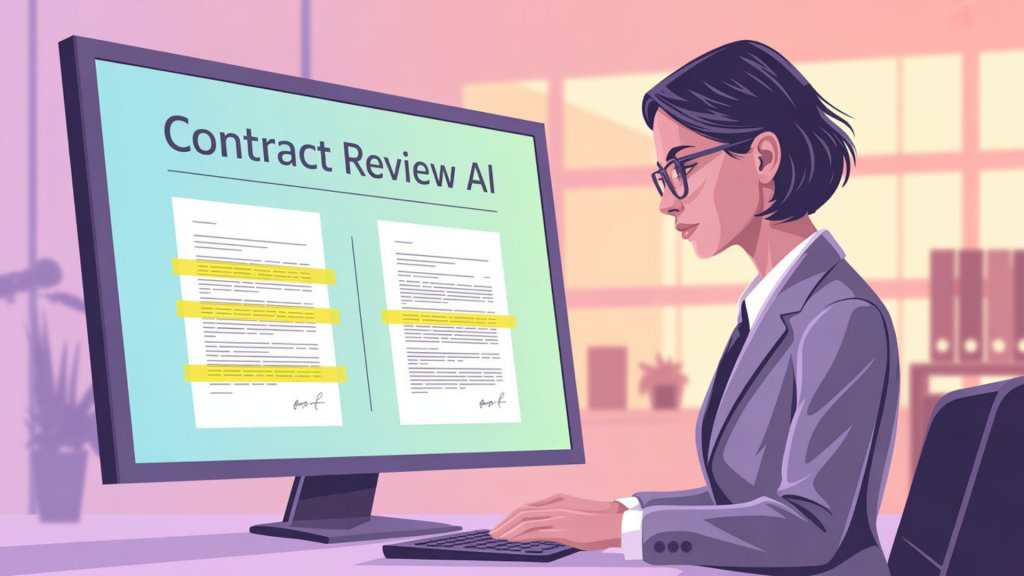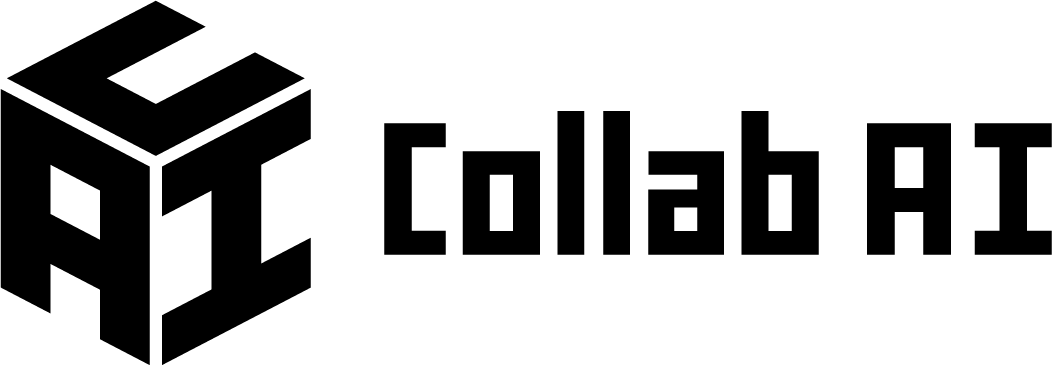The legal field is changing fast, and Custom AI Agents for Lawyers and Law Firms are becoming essential tools for those looking to work smarter, not harder. More than 30% of lawyers now use AI regularly to help with research, drafting, and managing cases. These AI agents don’t just automate boring tasks—they understand legal language, help answer complex questions, and make everyday work more manageable. This guide will explore some of the most common questions lawyers and law firms have about custom AI agents, offering straightforward insights into how these technologies can help in real-world legal practice.
What Are the Core Capabilities of Custom AI Agents Tailored for Law Firms?

Custom AI agents are designed to work with the complexities of legal language and the specific rules of different regions. They can quickly summarize lengthy documents, pick out important facts, and answer legal questions based on the right jurisdiction. These agents also automate routine tasks like drafting contracts, tracking deadlines, billing, and communicating with clients. By connecting with existing law firm software, they help make workflows smoother and save lawyers precious time so they can focus on higher-value work.
How Can AI Agents Improve Legal Research, Contract Analysis, and Case Law Extraction?
Legal research and contract review can be overwhelming, but AI agents lighten the load by scanning through tons of documents fast. They find the most relevant laws, cases, or contract clauses and summarize them clearly. AI also checks contracts for missing terms or risky language and spots compliance issues. For case law, it highlights important decisions and patterns, helping lawyers build stronger arguments without spending endless hours reading through papers.
What Are the Ethical and Compliance Considerations for Using AI in Legal Practice?
Using AI in law brings responsibility. Firms must make sure AI outputs are reviewed by humans to avoid unauthorized practice of law. Protecting client data is critical, so AI systems need strong security and confidentiality controls. It’s also important to check AI isn’t biased or unfair. Transparency about how AI is used and keeping lawyers involved ensures that the technology supports ethical legal practice rather than replacing the lawyer’s judgment.
How Do AI Agents Impact Lawyers’ Workflows and Productivity?
AI agents take over repetitive jobs such as managing documents, scheduling meetings, sending reminders, and preparing drafts. This frees up lawyers to spend more time on complex tasks like advising clients and strategizing cases. Firms often see faster turnaround times and fewer mistakes. The result is more efficient workflows, less stress on staff, and better service for clients.
Can AI Predict Case Outcomes or Assist in Legal Decision-Making?

AI can analyze past cases and legal data to offer predictions about how a case might turn out. This helps lawyers understand risks and options better. However, these predictions are not guarantees, they are tools for insight. Lawyers still need to apply their expertise and judgment, using AI’s input as one part of their decision-making process.
What Are the Limitations of Current AI Tools in Legal Contexts?
AI tools are powerful but not perfect. They sometimes struggle with tricky legal language or new laws that haven’t been widely documented. They depend on good, up-to-date data and need human eyes on everything to avoid mistakes or ethical issues. AI can’t replace personal skills like building trust or negotiating, so it works best as an assistant supporting rather than replacing lawyers.
How Do Law Firms Choose and Implement AI Agents Effectively?
Choosing the right AI means understanding where your firm needs help most. Start small with a specific use case, then pick flexible AI software that fits your current tools. Training your team to use the technology well and setting clear goals helps adoption. Track results like time saved and accuracy improved to prove the value. Regular check-ins make sure AI keeps delivering benefits as legal work evolves.
Frequently Asked Questions (FAQs)
1. What exactly are Custom AI Agents for law firms?
They are smart tools made to handle legal tasks like reading documents, answering questions, and automating routine work.
2. How do AI agents improve contract review and research?
By scanning and summarizing legal documents quickly, flagging risks, and helping lawyers focus on key details.
3. Are AI agents compliant with data privacy laws?
Yes, when properly secured, they protect client confidentiality and follow legal privacy rules.
4. Can AI agents replace junior lawyers?
No, they assist with administrative tasks, but human judgment and legal skills remain essential.
5. How should law firms select AI agents?
Assess your firm’s needs, choose adaptable software, train your team well, and monitor the impact.
CollabAI helps reduce the daily burden of managing complex cases and overwhelming paperwork so lawyers can focus on what matters most—providing expert legal counsel. See how practical AI support can ease workflow challenges and make your firm’s workday more manageable.
